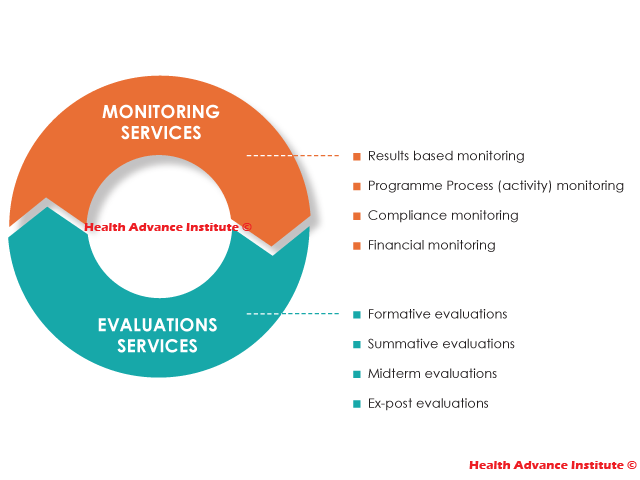Quality healthcare is a fundamental right of every individual. It ensures that people receive the right care, at the right time, in the right setting. Yet, ensuring quality healthcare is no easy task. It requires a systematic approach that involves monitoring and evaluating the performance and outcomes of health systems. Monitoring and evaluation (M&E) play a critical role in promoting quality healthcare by assessing and improving the effectiveness, efficiency, and safety of healthcare services.
Monitoring and evaluation in health systems involve the collection, analysis, and interpretation of data to measure the quality of care delivered. It helps identify gaps, strengths, and areas for improvement. Through ongoing monitoring, health systems can track and analyze indicators related to patient safety, clinical effectiveness, patient experience, and organizational performance.
One of the key roles of M&E is to assess patient safety. Monitoring adverse events, medical errors, and near misses helps identify weaknesses in the system and opportunities for improvement. By implementing systems to capture and analyze these events, health systems can identify root causes, develop preventative measures, and reduce the occurrence of patient harm. This supports the delivery of safer healthcare services, protecting patients from unnecessary harm and improving overall quality.
Additionally, M&E supports the evaluation of clinical effectiveness. By tracking clinical outcomes and performance indicators, health systems can determine if interventions are delivering the desired results. Whether it's measuring the success of treatment protocols, surgical outcomes, or preventive measures, this information helps healthcare providers and policymakers identify effective practices and improve effectiveness. Ultimately, it allows for evidence-based decision-making, ensuring that patients receive the most effective treatments and interventions.
Monitoring and evaluation also play a crucial role in assessing patient experience. Patient satisfaction surveys and feedback mechanisms enable health systems to understand the perspectives of those receiving healthcare services. Insights gained from these evaluations can identify areas where patient experience is lacking, facilitate improvements in communication, patient-centeredness, and the overall patient experience. This commitment to patient satisfaction enhances the quality of care and strengthens the provider-patient relationship.
Furthermore, M&E enables health systems to assess organizational performance. It helps evaluate factors such as leadership, governance, workforce capacity, and infrastructure. By monitoring and evaluating these elements, health systems can identify areas for improvement and make informed decisions to enhance the overall functioning of the organization. Strong organizational performance directly impacts the quality of healthcare services delivered, ensuring that the right systems and resources are in place to support high-quality care.
Monitoring and evaluation promote a culture of continuous quality improvement within health systems. By regularly collecting and analyzing data, health systems can identify trends, patterns, and areas of concern. This information drives evidence-based decision-making and encourages healthcare providers and policymakers to implement changes that enhance quality. It establishes a cycle of learning, adaptation, and improvement, ensuring that the health system evolves to meet the changing needs of the population.
To effectively utilize monitoring and evaluation in promoting quality healthcare, health systems must prioritize the establishment of strong M&E frameworks. This includes robust data collection mechanisms, skilled personnel for data analysis, and the availability of resources and infrastructure. Additionally, fostering a culture of collaboration and engagement among stakeholders, including healthcare providers, policymakers, and patients, is crucial for a comprehensive M&E approach.
In conclusion, promoting quality healthcare requires the effective use of monitoring and evaluation in health systems. Through systematic data collection, analysis, and interpretation, health systems can assess patient safety, clinical effectiveness, patient experience, and organizational performance. This allows for evidence-based decision-making, continuous quality improvement, and ultimately, the delivery of high-quality care to every individual. By embracing the role of monitoring and evaluation, health systems can drive positive changes that enhance the quality of healthcare services and improve the overall health outcomes of the population.


Post a Comment
Full Name :
Adress:
Contact :
Comment: